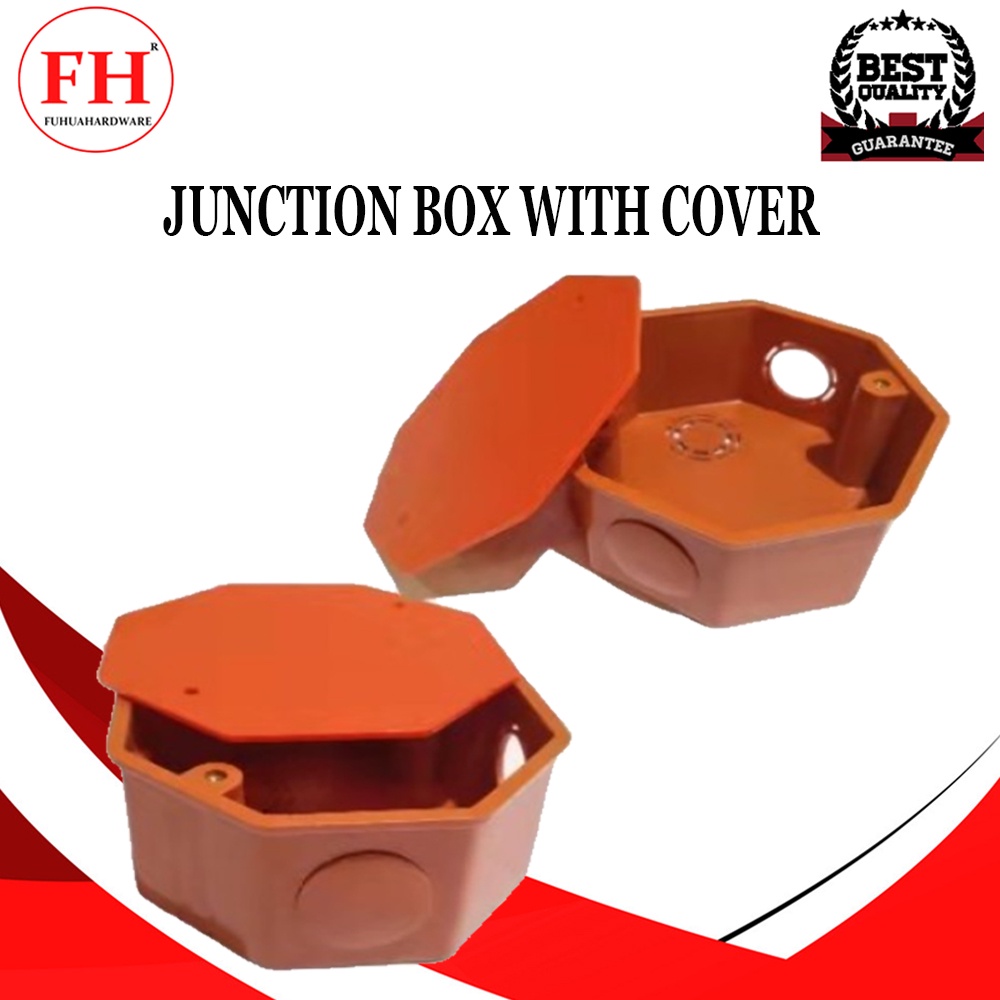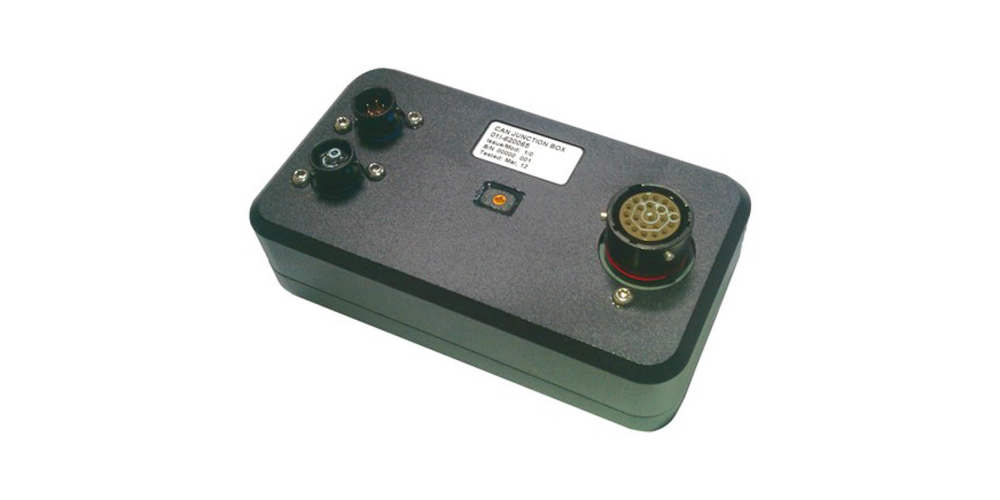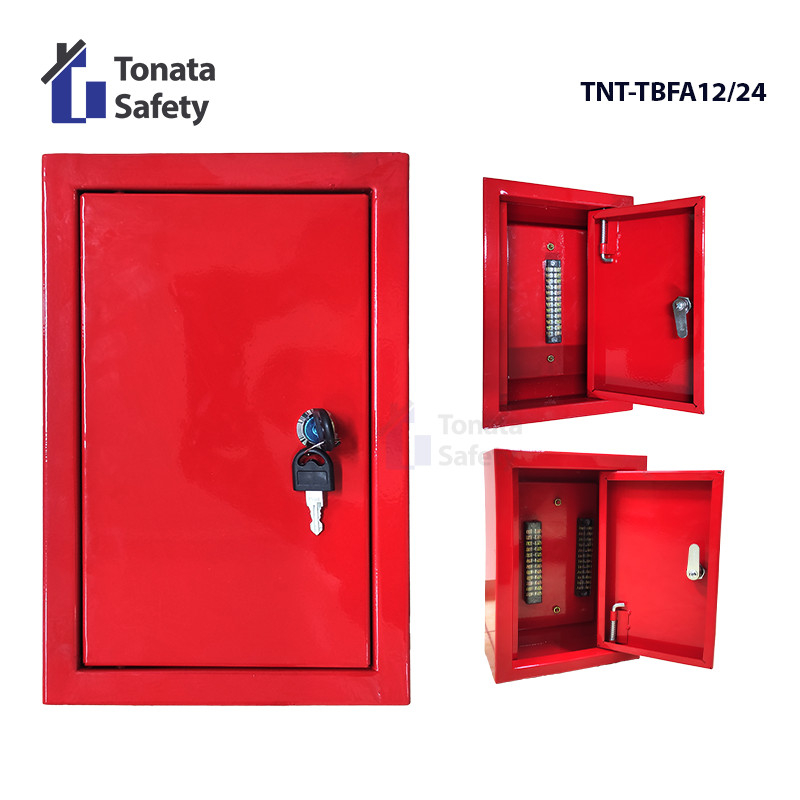Favorite Tips About Can A Junction Box Catch Fire

JUNCTION BOX / UTILITY W/ COVER PVC Color Orange Use
The Burning Question
1. Understanding the Risks
Let's be honest, electricity can be a bit like a moody teenager: powerful, unpredictable, and occasionally prone to sparking off in dramatic fashion. So, it's perfectly reasonable to wonder, "Can a junction box catch fire?" The short answer is yes, it absolutely can. But before you start picturing your house going up in flames, let's unpack this a little. It's not like junction boxes are spontaneously combusting every Tuesday. There are usually specific reasons why they become a fire hazard. Think of it like this: a junction box is a crucial connection point in your home's electrical wiring, where wires meet and are safely connected. When things go wrong in that little hub of electricity, sparks can fly literally.
A junction box itself isn't inherently flammable. It's usually made of metal or a fire-resistant plastic. The real danger lies in what's inside the box: the wiring. Loose connections, overloaded circuits, and damaged insulation are all potential culprits. It's like a pressure cooker: if the pressure (electrical load) gets too high and the release valve (proper wiring) is clogged, things are bound to explode, or in this case, ignite.
Think of your electrical system like a network of roads. The junction box is a major intersection. If the traffic flow (electrical current) is too heavy, or if there's a crash (short circuit or loose connection), things can quickly become chaotic. That chaos translates to heat, sparks, and potentially, a fire. So, it's crucial to keep that intersection clear and well-maintained!
Ignoring warning signs can turn a small problem into a big one, and fast. Pay attention to flickering lights, frequently tripping circuit breakers, or any unusual smells coming from outlets or switches. These could be early indicators that something is amiss within a junction box, and catching these early can save you a lot of trouble (and potentially a fire hazard) down the line.

Why Junction Boxes Go Rogue
2. Pinpointing the Culprits
So, now we know junction boxes can catch fire, but what are the usual suspects? What makes these seemingly innocent metal or plastic boxes turn into potential fire starters? It all boils down to faulty wiring and excessive heat. Let's delve into the most common causes.
First up: Loose Connections. Imagine constantly wiggling a wire back and forth. Eventually, it's going to fray and maybe even break. The same thing happens inside a junction box. Over time, wire connections can loosen, creating resistance to the electrical flow. This resistance generates heat, and excessive heat is a recipe for disaster. Think of it like rubbing two sticks together to start a fire — except in this case, it's electricity, and you definitely don't want a fire in your walls!
Next, we have Overloaded Circuits. Plugging too many devices into a single circuit can cause it to draw more power than it's designed to handle. This is like trying to squeeze an elephant through a dog door: it's just not going to work, and something's going to give. The excess current flowing through the wires generates excessive heat in the junction box, increasing the risk of fire. So, before you plug in that extra space heater, take a moment to consider your circuit's capacity.
And let's not forget Damaged Wiring. Wires aren't indestructible. The insulation can become cracked or frayed due to age, pests, or physical damage. This exposes the bare wire, which can then come into contact with other wires or the metal box itself, leading to a short circuit and, you guessed it, a fire. Think of it like driving a car with bald tires: it's just an accident waiting to happen.
Finally, Improper Installation. DIY projects are great, but electrical work is best left to the professionals. Improperly installed wiring, using the wrong types of connectors, or failing to properly secure wires can all lead to problems down the road. It's like trying to build a house without a blueprint: it might stand for a while, but eventually, it's going to crumble.

Can Electrical Junction Boxes Be Hidden?
Spotting the Warning Signs
3. Recognizing the Red Flags
Early detection is key. Like catching a cold early, addressing electrical issues before they escalate into a full-blown fire can save you a lot of headaches (and potentially your home). So, what are the telltale signs that a junction box might be about to go rogue?
Flickering Lights. This is often one of the first signs that something's amiss. If your lights are flickering intermittently, especially when you're using other appliances on the same circuit, it could indicate a loose connection in a junction box. It's like the light is trying to send you a Morse code message: "Help me! My connection is loose!"
Frequently Tripping Circuit Breakers. Circuit breakers are designed to protect your electrical system from overloads. If a circuit breaker trips frequently, even when you're not using a lot of power, it could indicate a problem with the wiring, possibly in a junction box. Don't just keep resetting the breaker. That's like ignoring a warning light on your car's dashboard. Investigate the cause!
Burning Smells. Any unusual burning smells coming from outlets, switches, or junction boxes should be taken seriously. This could indicate that wires are overheating and melting the insulation. It's like smelling smoke but not seeing a fire — investigate immediately!
Warm or Discolored Outlets or Switches. If an outlet or switch feels warm to the touch, or if it's discolored, it could indicate that it's overheating due to a problem with the wiring behind it. This is like touching a hot stove — you know something's not right.
Buzzing or Crackling Sounds. These sounds can indicate arcing, which is when electricity jumps across a gap due to a loose connection. Arcing generates heat and can ignite flammable materials. It's like hearing static on the radio — something's interfering with the signal, and in this case, it's electricity not flowing smoothly.

Prevention is Key
4. Proactive Measures for Electrical Safety
Now that we've covered the risks and warning signs, let's talk about prevention. The best way to avoid a junction box fire is to take proactive steps to ensure your electrical system is safe and well-maintained. Think of it like preventative medicine: a little maintenance can go a long way in preventing serious problems down the road.
Regular Inspections. Have a qualified electrician inspect your home's electrical system at least every few years. They can identify potential problems before they become hazards. It's like getting a check-up at the doctor — it's always good to have a professional take a look.
Proper Wiring Practices. When making electrical connections, always use the correct wiring methods and materials. Ensure that wires are securely connected and properly insulated. This is like following the instructions when assembling furniture — it's more likely to work correctly if you do it right.
Avoid Overloading Circuits. Be mindful of the number of devices you're plugging into a single circuit. Use power strips with surge protection to help prevent overloads. It's like not putting too much weight in a shopping bag — it's less likely to break.
Replace Old or Damaged Wiring. If you have old or damaged wiring, have it replaced by a qualified electrician. This is especially important in older homes. It's like replacing old tires on your car — it's essential for safety.
Use Arc-Fault Circuit Interrupters (AFCIs). AFCIs are special circuit breakers that can detect arcing and shut off the power before a fire can start. They provide an extra layer of protection. It's like having a smoke detector for your electrical system — it can alert you to a problem before it's too late.

What to Do If You Suspect a Problem
5. Taking Action to Ensure Safety
Okay, so you've spotted some warning signs. Now what? Don't panic! Here's what you should do if you suspect a problem with a junction box.
Turn off the Power. The first thing you should do is turn off the circuit breaker that controls the affected circuit. This will cut off the power to the junction box and reduce the risk of fire. It's like hitting the emergency stop button on a machine — it's the quickest way to prevent further damage.
Do Not Touch the Junction Box. Avoid touching the junction box or any exposed wires. Electricity can be dangerous, and you could be electrocuted. It's like telling kids not to touch a hot stove — it's for their own safety.
Call a Qualified Electrician. Contact a licensed and experienced electrician to inspect the junction box and make any necessary repairs. Do not attempt to fix the problem yourself unless you are a qualified electrician. It's like calling a doctor when you're sick — it's best to leave it to the professionals.
Explain the Situation. When you call the electrician, explain the symptoms you've observed, such as flickering lights, burning smells, or tripping circuit breakers. This will help them diagnose the problem more quickly. It's like giving the doctor a detailed description of your symptoms — it helps them make an accurate diagnosis.
Follow Their Instructions. Follow the electrician's instructions carefully. They may recommend further repairs or upgrades to your electrical system. It's like following the doctor's prescription — it's important to do what they say to get better.

FAQs
6. Your Questions Answered
Still have questions swirling around in your head? Let's tackle some frequently asked questions about junction box fire safety.
Q: What is the most common cause of a junction box fire?
A: Loose connections are the most frequent culprit. They create resistance, leading to overheating and potential ignition.
Q: Can I replace a junction box myself?
A: Unless you are a qualified electrician, it's best to leave this to the professionals. Electrical work can be dangerous, and improper installation can lead to serious problems.
Q: How often should I have my electrical system inspected?
A: At least every few years. Regular inspections can help identify potential problems before they become hazards.
Q: Are all junction boxes required to be covered?
A: Yes! Junction boxes are always required to be covered. This prevents accidental contact with live wires and helps contain any potential fire.